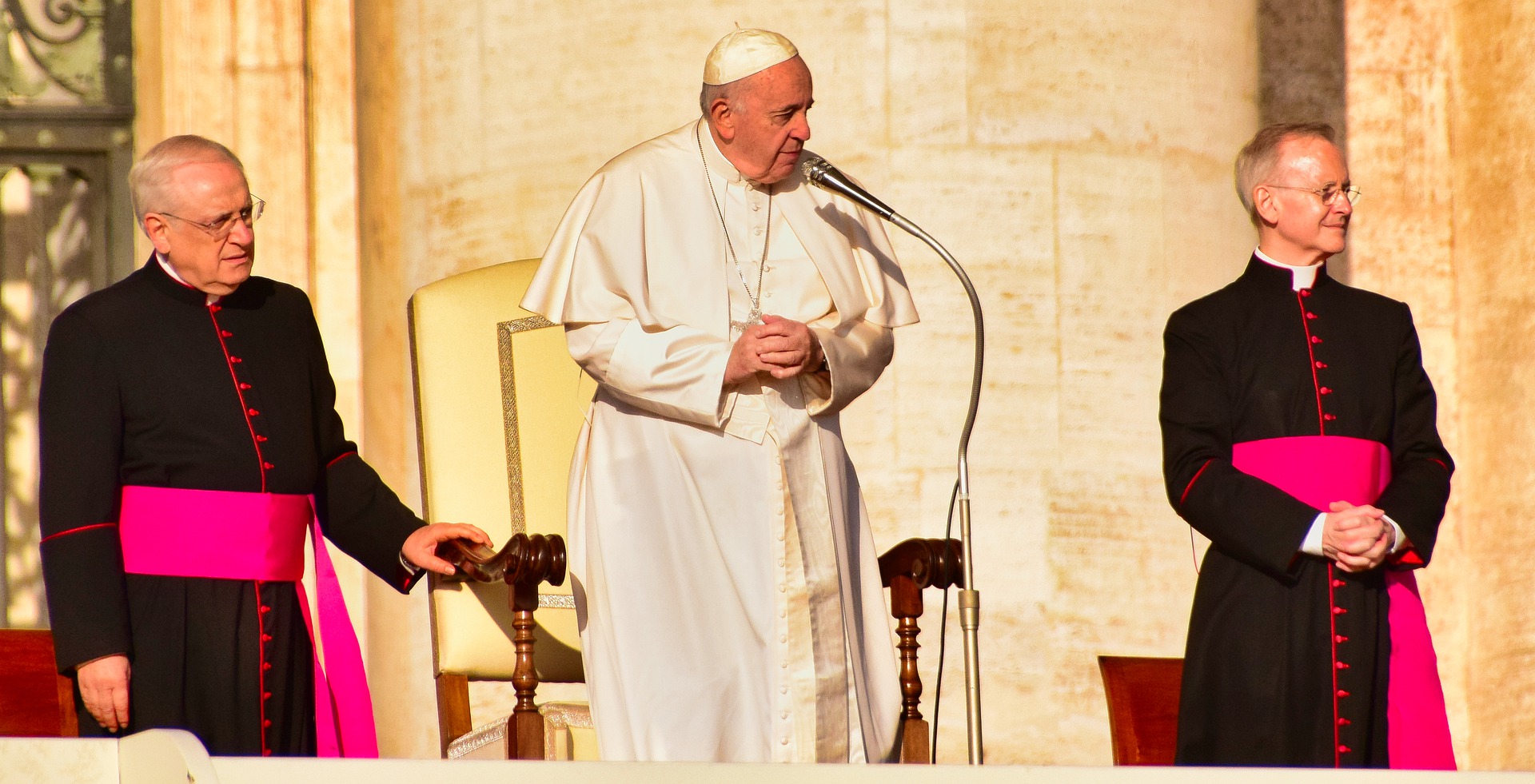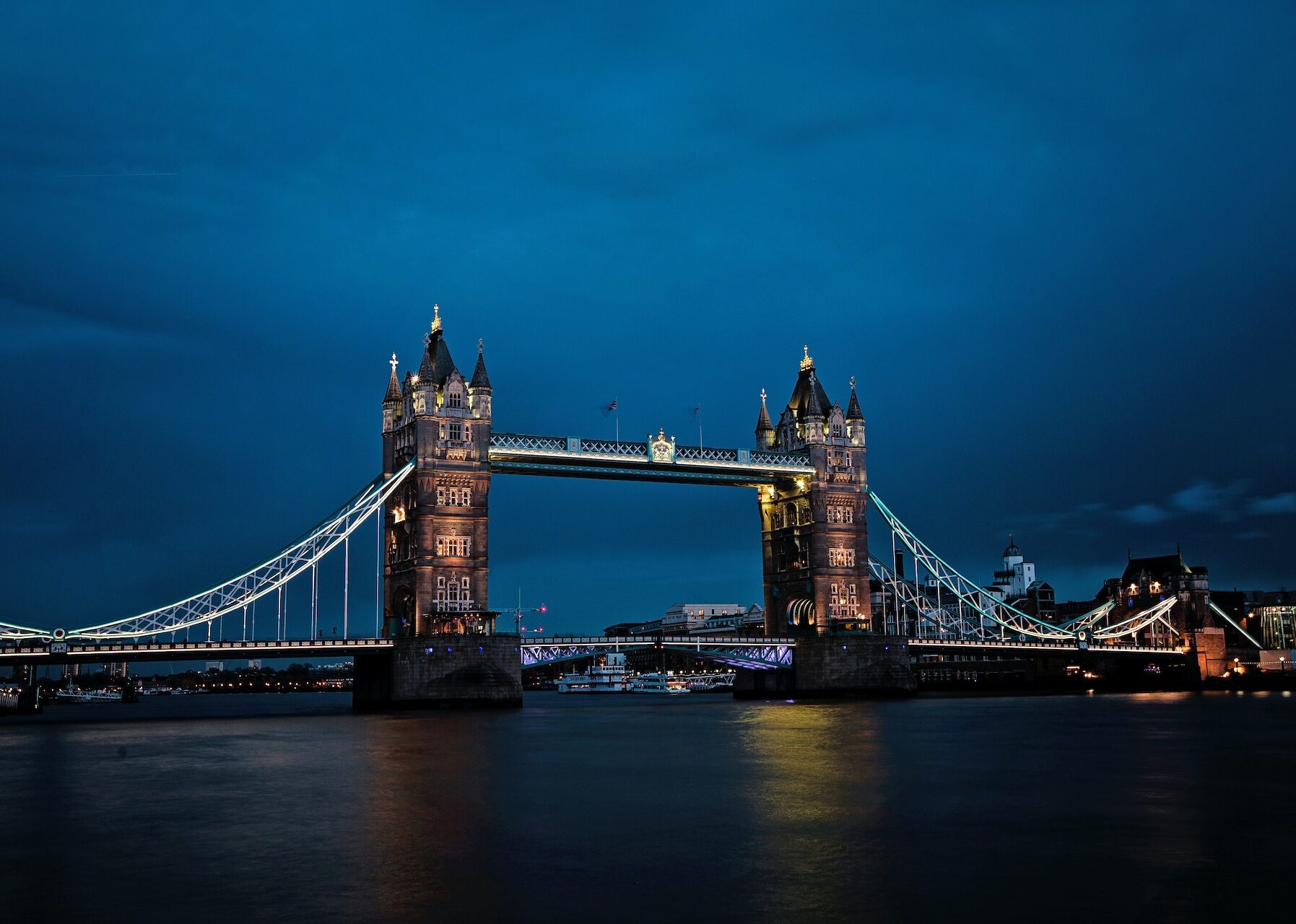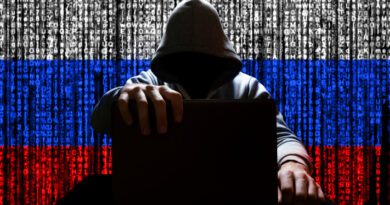Seen from Catholic Poland – The Vatican between Russia and China

The Pope’s visit to Mongolia had two key dimensions: interreligious dialogue and big politics. As a country with predominantly shamanic and Buddhist traditions, Mongolia is ideally suited to promote religious relativism, and as a country located between Russia and China, it is also perfectly positioned to strengthen the Holy See’s ties with both powers and reinforce the Vatican’s focus on the “Global South.”
Paweł Chmielewski
Francis was the first pope to visit Mongolia. He was invited to this Central Asian country last year by Cardinal Giorgio Marengo. Marengo is 49 years old, and is the youngest cardinal in the Church. Francis elevated him to that rank last year after Marengo brought a delegation of Mongolian Buddhists to the Vatican. Marengo had previously served as the Apostolic Prefect of Mongolia for just two years.
Given that there are as many Catholics in the whole of Mongolia as there are in a single large Polish village, Marengo places great emphasis on maintaining a dialogue with the rest of the country’s population. He also pointed to this fact before Francis’ visit. “The various religious traditions are not a threat in their diversity, but if they are able to harmonize well among themselves, they are a resource for every society, for the state,” he said.
It is worth noting that the term “religious traditions” was used by the cardinal. In the case of Mongolia, these include pagan shamanism, Islam, Buddhism, and Christianity. The term “religious traditions” is also readily used by Francis. During his visit to Mongolia, he used it several times, arguing that the diversity of religious traditions can contribute to the well-being of the world’s peoples.
Dialogue with Buddhism
This is nothing new: reducing the Catholic religion to only one of the world’s “great religious traditions” is a typical theme of his pontificate. This has a political rationale: by giving up the claim that Catholics hold the only actual truth about God, it makes it such that, in the spirit of liberal relativism, no one has any more knowledge of God than anyone else. This allows mutual tolerance and the realization of the overarching goal of working for a better tomorrow in the name of “fraternity and social friendship,” as the Pope wrote in his encyclical letter of 2020, Fratelli Tutti.
The highlight of the papal trip to Mongolia was therefore the interreligious meeting held with representatives of the Catholic Church, Islam, Judaism, Buddhism, shamanism, Hinduism and Shintoism, alongside Mormons and Protestants. This was similar to a video that was produced by the Vatican in 2016, in which it was said that various “religious traditions” had come together to proclaim that – to quote from the video – they are “seeking God in different ways.”
In the case of Mongolia, dialogue with Buddhism plays the biggest role. Along with Christianity, Islam, and Manichaeism, Buddhism is one of four universal religions with a wide geographic reach. The Second Vatican Council commented on Buddhism in a short passage in the Nostra Aetate declaration, which praised the Buddhist teaching of “the radical insufficiency of this changeable world.”
The truth is that Buddhism does not deserve praise from a Christian perspective. Quite the opposite. It is a religion of a Gnostic nature. It regards material reality as fundamentally evil, and views the only meaning of life as involving a radical separation from this reality. In this sense, Buddhism is de facto atheistic. There is no God or grace in it; “liberation” is accomplished through purely human efforts, and the acquisition of a particular kind of “knowledge.”
Even St. John Paul II, who seemed to send signals of deep respect for Buddhism through numerous gestures and meetings, spoke very critically of this religion. In a long interview with Vittorio Messori entitled “Crossing the Threshold of Hope,” which was published as a book, the Polish Pope reminded readers that Buddhism is closed to God and ends where Christian mysticism only begins.
Buddha and Jesus
Eastern religions and philosophies interested Joseph Ratzinger in his young years, albeit from the viewpoint of a researcher. Having learned to know them well, as prefect of the Congregation for the Doctrine of the Faith he promulgated the document “On Some Aspects of Christian Meditation” in 1989. It is worth reminding all of those who are organizing various types of meditation sessions inspired by Buddhism, including within the Church in Poland, of this document. In it, Ratzinger warned against combining Christian prayer with Eastern practices, which, he pointed out, have a quasi-gnostic foundation, and as such are simply a denial of Christianity. Remembering these warnings is especially important today, when Pope Francis’ many statements may suggest that there are some supposedly deep values in Buddhism, or that it even has its own “vocation.”
When speaking to some Mongolian Buddhists in May 2022, Francis juxtaposed Jesus and Buddha, describing both as “peacemakers and promoters of non-violence.” In a speech in June of that year to a group of Thai Buddhists, he stated in turn that “Buddha and Jesus understood the need to overcome the selfishness that breeds conflict and violence,” and juxtaposed quotes from Buddha and Jesus calling for mutual love and peace-building.
In a speech to Buddhists in Taiwan in March 2023, while expressing his conviction that “in Jesus Christ, God himself, out of love for the human family, became a ‘pilgrim,’” he added at the same time that the monks’ visit to the Vatican would be an opportunity for them to “appreciate the different experiences in the search for God,” as if it were again about equal “religious traditions.” At an interreligious meeting in Mongolia, Francis quoted Buddhist sayings and argued that religions have their own “social value” and should be judged by their level of altruism. According to the Pope, religions have their own “vocation,” which is to build “harmony” in the world.
A Buddhist, Gnostic, atheistic system being called upon to build harmony? The Church has always seen other religions as an error and as an obstacle to accepting Christ. Propagating this teaching, however, would hardly be good politics, though, right? I guess this is why the Pope is betting on indifferentism: a religion can be of one kind or another, and it doesn’t matter, as long as it’s “altruistic.”
Multilateralism
Religious issues, however, were not the only aspect of the Pope’s visit to Mongolia. Big politics also played a fundamental role. Mongolia, as a country located between Russia and China, can be considered as an ideal meeting place between the Vatican and these two great powers. Francis has long wanted to go to both Moscow and Beijing. So far, this has not been possible, and so the visit to Ulaanbaatar was, in a way, a substitute for them.
Just days before flying to the Mongolian capital, the Pope generated some media and diplomatic buzz by praising Tsarist imperialism in a speech to Russian youth. Flying to Ulaanbaatar, he recommended that everyone try to gain a deeper understanding of Mongolia through the music of Alexander Borodin. Borodin composed the symphony “In the Steppes of Central Asia” in 1880 to celebrate the 25th anniversary of the reign of Alexander II. Borodin’s symphony thus praised Central Asia’s close ties with Russia.
Both statements were not coincidental when coming out of Francis’ mouth. The Vatican supports the construction of a so-called multipolar world, acknowledging that United States domination is irrevocably over.
A few days before the papal visit to Mongolia, Cardinal Matteo Zuppi spoke about this, describing multilateralism as a “necessity” and the “only way” to ensure peace. Zuppi is the papal delegate concerned with the war in Ukraine. He comes from the Community of Sant’Egidio, a fraternity founded by Andrea Riccardi that has been conducting informal Vatican diplomacy for years. Sant’Egidio has positioned itself as an advocate for Russian interests since the beginning of the war in Ukraine.
Shortly after the war broke out, Riccardi called for Kyiv to be declared a so-called “open city,” which would have meant allowing Russia to take control of the Ukrainian capital. He later proposed developing a new security architecture in Europe that would take the interests of Russia into account, and would allow Putin to get out of the conflict without losing face. Finally, he proposed that Ukraine should give up Crimea and Donbass, as well as its NATO and European Union aspirations. Riccardi explained that Russia had been “encircled and humiliated” by NATO. Francis and Zuppi’s policies follow the same line.
Multilateralism is also linked to the Vatican’s specific relationship with Beijing. The Holy See signed a secret agreement with China in 2018 that dealt primarily with the appointment of bishops. The agreement has been renewed twice since then, although Beijing regularly violates its provisions.
The Vatican’s response to these violations is quite peculiar. A few months ago, China appointed the bishop of Shanghai without the Pope’s approval. Then, in July, the Holy See simply accepted the appointment. Furthermore, Cardinal Pietro Parolin, who is Secretary of State, announced that, in effect, a permanent office for Vatican-China relations should be established in Beijing. This would be a breakthrough, as the Vatican does not have official diplomatic relations with China. The creation of such a facility as a result of Chinese violations of the agreement shows how much the Vatican cares about further dialogue.
From a Polish political viewpoint that rejects multilateralism in favor of supporting the United States’ efforts to defend its existing position, the Vatican’s stance is undoubtedly going to be a major challenge. Pope Francis’ pro-Russian statements are already provoking critical comments in Poland, even among ministers. And there is no reason to believe that Francis’ position will undergo any profound changes in the coming years.
The Holy See is strategically interested in working with the countries of the Global South, which the Russians and Chinese are trying to court as well. That is of course where most Catholics live, rather than in the more atheistic north. Not only Francis but also his successor are therefore more likely to play the role of the “Pope of Putin and Xi” rather than of Biden. We may not like it, but that’s just the way it is.
This article was published in Polish in the Do Rzeczy weekly in September 2023.



